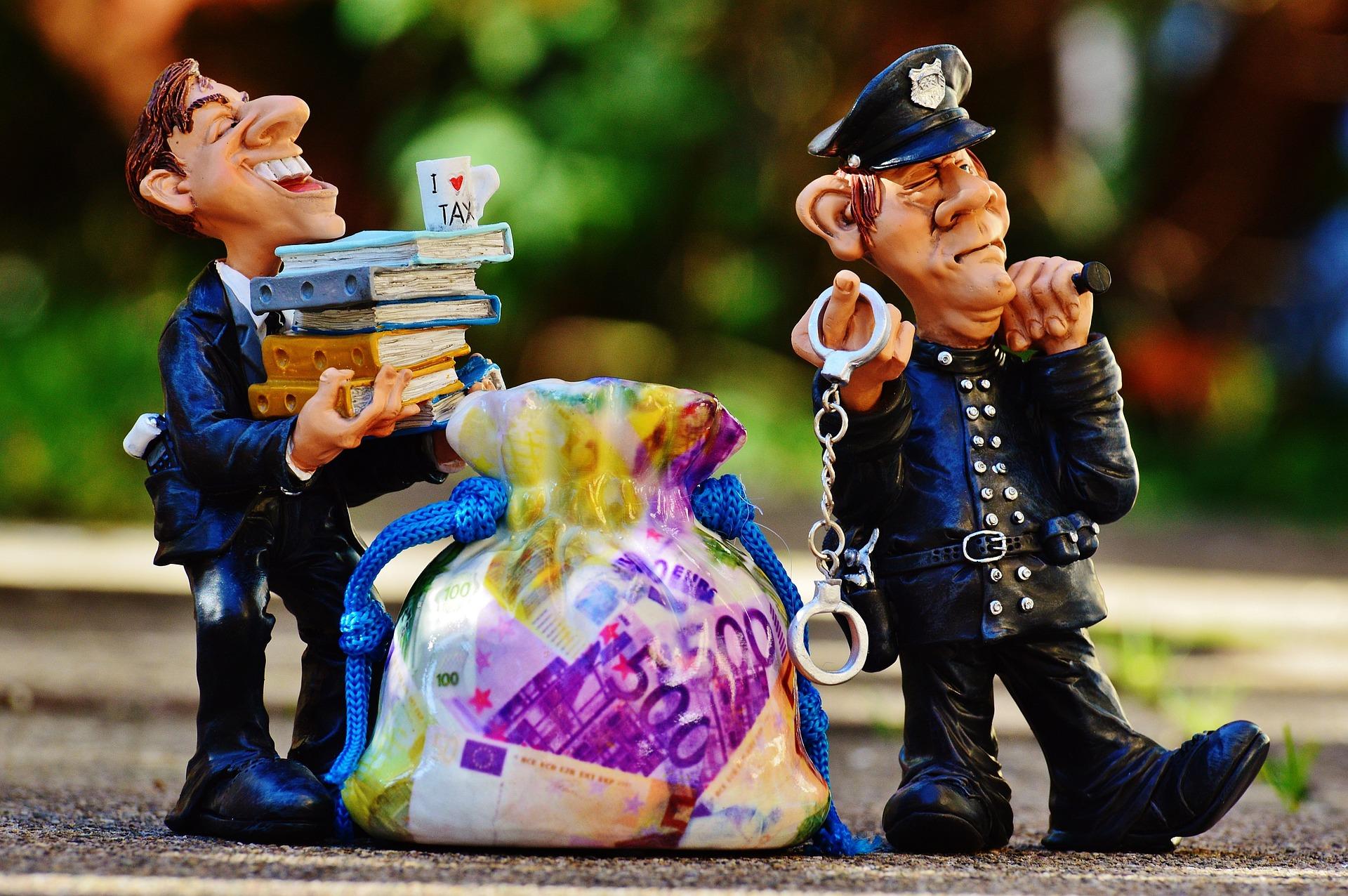Let's get real once and for all: We hate taxes. We despise the idea of facing long hours every single day at work only to find out that we'll never get to keep the full amount of what we work for since it's legal to hand a few bucks to the government. Perhaps, the only saving grace of paying taxes is having to see great government projects come to life - and we take pride in becoming parts of the nation's progress.
However, some folks hate taxes so much that they turn to criminal acts in order to avoid paying them. The ironic thing is, most of these lawbreakers aren't individuals in the minimum wage category - most of them are big people and corporations who abuse the tax systems for their own financial benefit. They are called tax evaders and no, they are not cool.
Tax Avoidance V.S. Tax Evasion
Tax avoidance and tax evasion are often used interchangeably nevertheless they are entirely different concepts; The former is legal while the latter is not.
Tax avoidance is the proper way of minimizing taxes by using certain strategies approved by the tax collection agency. Businesses and individuals can avoid or reduce their tax owed by taking legitimate deductions and tax credits and setting up tax deferral plans like retirement plans to delay taxes until a later date. For business owners and property investors, maximizing tax deductions, like depreciation methods, helps recoup business expenses and capitalized items.
Tax evasion, on the other hand, refers to the illegal practice of not paying the taxes owed intentionally. Evaders fail to report accurate income statements and expenses to willfully skip the tax liabilities. The scheme usually goes like this: they provide false information to the tax office about their business income and expenses. They omit some details which should've been included. Then, they report a tax amount on their return which is less than what is really owed for the income they initially stated. They, then underpay the taxes owed, such as income taxes, sales and excise taxes, employment taxes, and other local taxes.
Individuals, organizations, and corporations who are caught evading taxes are subject not only to fines and penalties. They may also be put behind bars.
Three Unlawful Practices Tax Evaders are Guilty of
Internal Revenue Service (IRS), the tax collection agency in the US, calls tax evasion a “voluntary, conscious, and intentional” conduct. Crimes range from hiding cash wages illegally to falsely claiming refunds one is not qualified for. Businesses, in particular, have more than one way to cheat on their taxes:
1. Under-reporting income
The general rule is the higher taxable income, the higher the income tax due, right? Under-reporting income is hiding cash wages by stating less than what is actually received to avoid paying more tax. All income reports, such as the business' profits from cash and barter transactions, should be precise and true or else, they may be charged with tax evasion.
2. Over-reporting expenses
Evaders understate income to minimize income tax. Relatively, they overstate expenses to maximize refunds they're not entitled to. One good example of over-reporting expenses is listing personal expenses as business expenses, like travel and home repair costs, to falsely claim deductions.
3. Not reporting taxes entirely
Take sales taxes and payroll taxes for example. They are called “trust fund” taxes for a reason – they are collected from customers (sales) and employees (payroll), and these honest payers expect these withheld taxes to be reported and paid by the business to the appropriate tax authority respectively. What happens is, some unscrupulous businesses use the taxes for their own benefit, such as funding their business instead of reporting the collection and settling on their due date.
In addition to omitting collection of payroll taxes, businesses that hire employees can be accused of employment tax fraud if they fail to withhold income taxes, lease or hire an outside payroll service that doesn't turn over funds to the tax office, and pay employees in cash the file false payroll tax reports
Don't Be A Tax Evader
Tax evasion cases might seem limited only to those fraudulent companies, but that doesn't mean fair taxpayers can't be subject to fines and penalties for prohibited tax strategies. You might be unaware you're practicing the mentioned unlawful acts. Remember that ignorance of the law excuses no one.
The best way to avoid tax evasion charges and steer clear of trouble is through education. Businesses, in particular, should study tax laws for income taxes and for employment taxes and learn which deductions are legal and which are not.
Author Bio: Sophie Harris is a resident writer for Depreciator, an Australian-based business specializing in Tax Depreciation Schedules. Being an enthusiast of pursuing financial security herself, she writes and shares self-help articles focused on personal finance, tax planning, and property investing.












No Comments